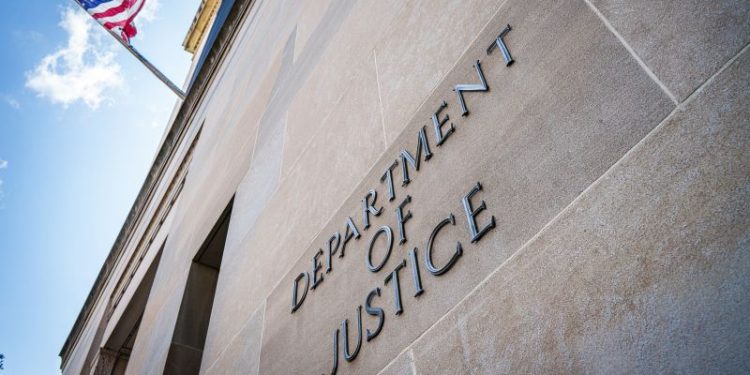CNN
—
The Trump administration is ending deals that require policing reforms when the Justice Department found a pattern of misconduct, according to a memo released Wednesday.
“The new administration may wish to reconsider regulations and consent decrees negotiated and approved by the previous administration,” said the memo issued by Acting Assistant Attorney General Chad Mizelle.
Mizelle ordered the Justice Department’s Civil Rights Division “not to execute or finalize any approved settlement or consent decree until January 20, 2025, 12:00 p.m..” The memo also directs civil rights attorneys to notify Mizelle of any settlements or consent decrees finalized within the last 90 days.
The move was widely anticipated with the change in administration and could potentially upend police reform efforts in Minneapolis and Louisville, Kentucky, announced by the Justice Department in the final weeks of the Biden administration.
The consent agreements reached with the two cities are awaiting final approval from judges in those states, meaning the Trump administration’s Justice Department could seek to derail the deals.
Another Wednesday memo from Mizelle ordered civil rights attorneys not to “file any new complaints, motions to intervene, agreed dismissals, amicus briefs, or statements of interest” until further notice. It is common for new administrations to review pending litigation to try to determine whether it aligns with their policy positions. But current and former Justice officials say new administrations generally seek to conduct reviews on a case-by-case basis.
President Donald Trump and his Republican allies have long criticized the use of court-ordered consent decrees to enforce police reform efforts.
During his campaign, Trump pledged to “support blue,” a slogan intended to show support for police even when officers are accused of misconduct or civil rights violations. Under the first Trump administration, the Justice Department also sought to defeat police consent decrees.
Louisville’s ordinance was passed in mid-December after a yearlong investigation by the city’s police department following the 2020 fatal shooting of Breonna Taylor.
Among the proposed reforms outlined in the agreement was requiring Louisville police officers to “use appropriate de-escalation techniques and attempt to resolve incidents without force when possible, and to use force of a reasonable, necessary and proportionate to the threat presented. .”
He also charged the department to “fully, fairly, and effectively investigate allegations of officer misconduct, and to hold all officers who commit misconduct accountable through fair and consistent discipline.” .
The agreement with Minneapolis reached earlier this month came years after the killing of George Floyd at the hands of city police officers. A Justice Department investigation into the department found its officers used excessive force, including “unjustified deadly force.”
Among other things, the agreement focused on Minneapolis “to prevent excessive force; end racist police practices; improve officers’ interactions with youth” and “protect the public’s First Amendment rights,” according to the DOJ.
During Trump’s first term, the Justice Department attempted to overturn an Obama-era consent decree regarding the Baltimore Police Department, which had not yet been approved by a judge at the time the new administration took power.
But that effort ultimately failed, with a federal judge in Maryland saying the Justice Department’s decision to abandon the deal came too late.
“The time to express ‘serious concerns’ has passed and the parties must now perform the agreement as they promised,” U.S. District Court Judge James Bredar wrote in an April 2017 ruling.
This story has been updated with additional details.


